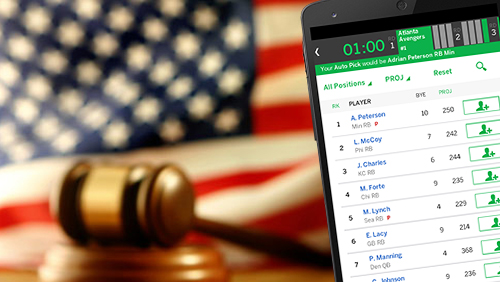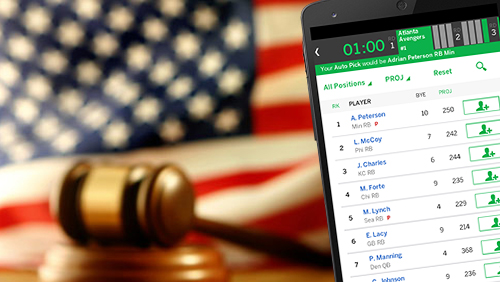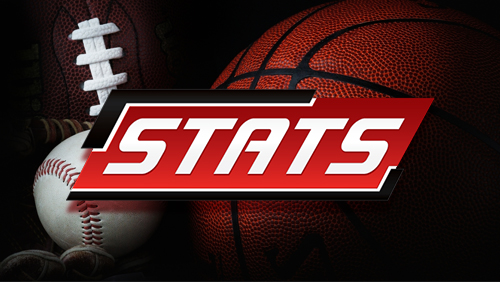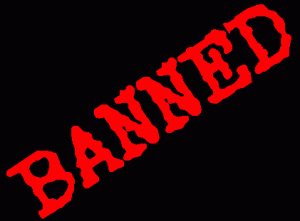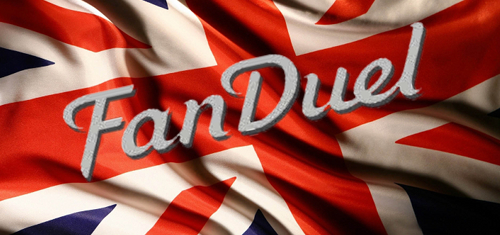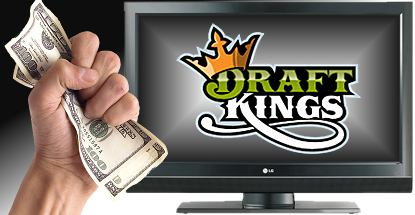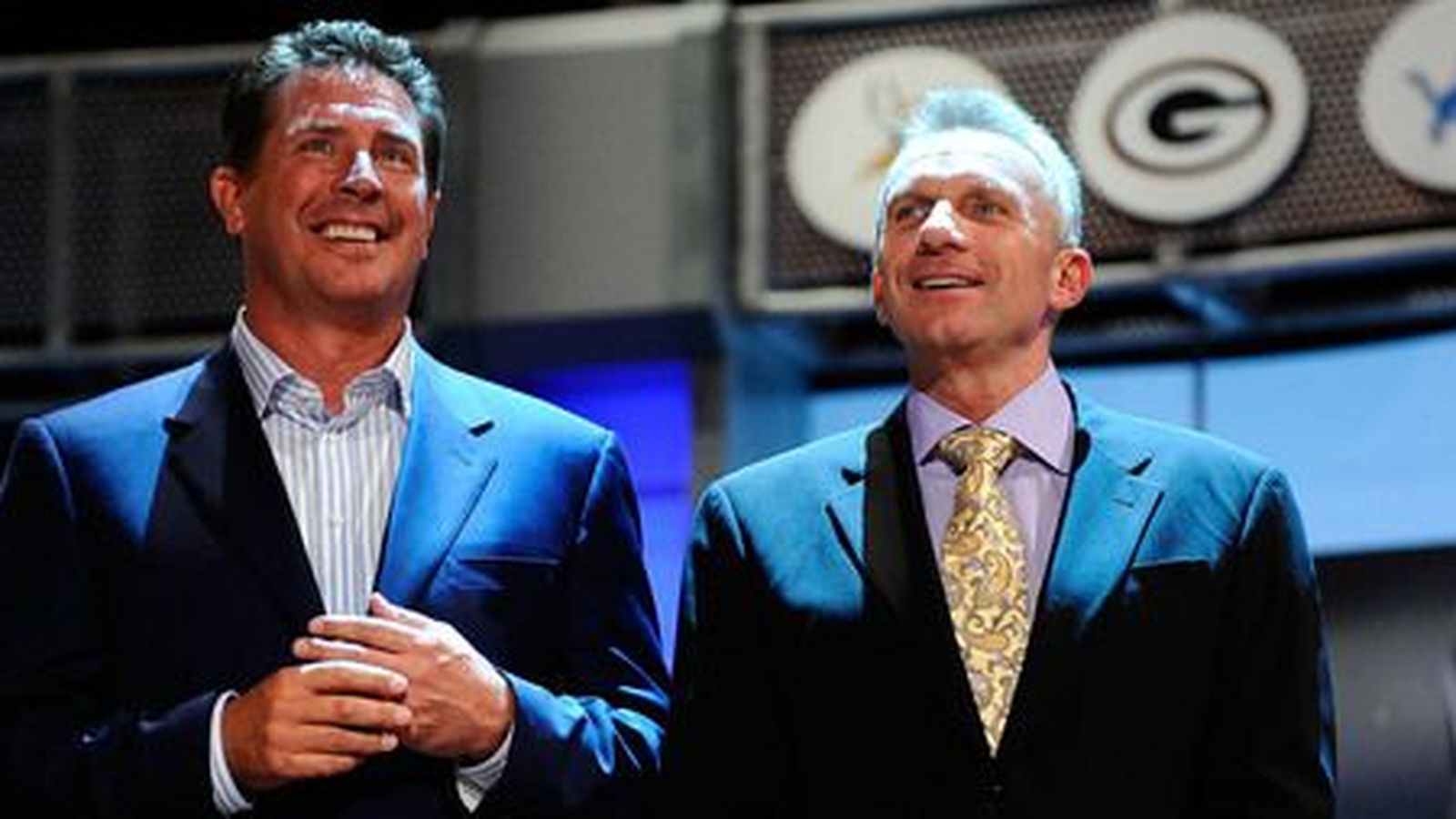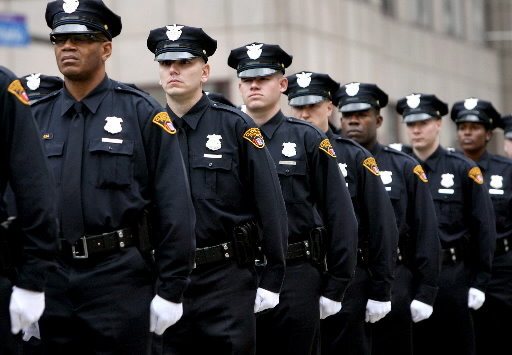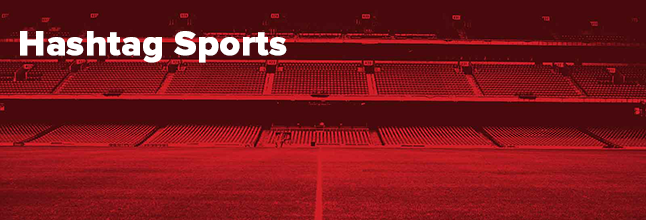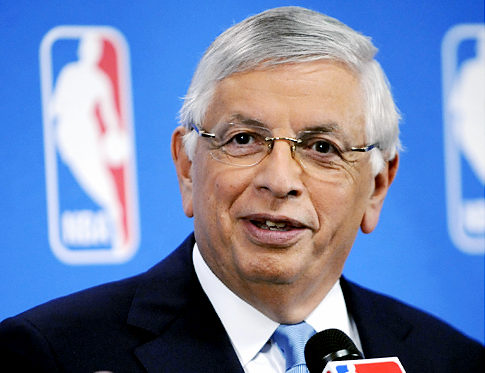DraftKings and FanDuel, Where Did The Ads Go?
@thedailypayoff
If you were one of the millions watching the National and American league Championship Series last week, you couldn’t miss the perpetual ads for FanDuel and DraftKings? Were they touting baseball, which was winding down to a precious few games and really had little opportunity for even daily fantasy play with the World Series on the horizon? Nope, it was all about football. The natural assumption, given the buying patterns past, would be that the big audience watching the Mets and Royals in the World Series would have much of the same, lining the pockets of Fox salespeople and continuing the big event drumbeat that the two biggest players in daily fantasy sports have kept going.
The result? Almost nothing. Watching the World Series, you would think DFS had been wiped from the broadcast advertising world; no ads, no billboards, no credits, no nothing. Except for maybe one or two random spots that were seen, DK and FD said adios to baseball. Was it planned, or was it in response to the criticism the industry had been received in the past month, criticism that has brought largely unwanted political attention to DFS in particular.
“Our strategy on advertising was to have a strong presence in the market for the two weeks prior to the start of the season and the first week of the season. Since then, we’ve been scaling back every week and we plan to continue to do so,” said Janet Holian, DraftKings’ chief marketing officer, in a statement in the Wall Street Journal on October 20. DK did finish their promotion for subscribers to go to the World Series, part of their partnership with Major League Baseball, and there was some in-stadium digital signage in both Kansas City and New York, but other than that, crickets in the Fall Classic.
Will the big spends come back as football heats up? Or is the heat in the industry having an effect that is hitting the advertising world hard? Is a cold turkey stop the norm, especially with football going strong and FanDuel’s second-most targeted sport, basketball, just getting going? Some found the quick and sudden shutoff more than a bit questionable.
“Taper down is one thing but to go from a full out blitz that was getting negative feedback in the business community to total radio silence during the biggest and most visible week of the year is very strange,” said Ray Katz, a well=regarded sports marketing executive and professor at Columbia University. “In the NLCS and ALCS their ads (DraftKings and FanDuel) for football where everywhere. I think it is much more a result of the negative battle they are now in the midst of and the thought that staying quiet is better than continuing to boast about massive payouts and spend through massive cash outlays when both companies are embroiled in controversy. If I’m selling sports I’m sure I’m not too happy that the spigot has suddenly gone dry, and I will be interested to see when it is turned back on. It looks like future investments may be on hold until things get a little more clearer on the business front.”
In reality both companies have kept up a smaller but still visible radio presence on outlets like Sirius XM, and DraftKings just completed an extensive onsite activation platform at the NFL London Games. FanDuel continues to do it’s in-market programs with its NFL partners, and a look at the start of the NBA season can still find signage of both companies on display in arenas. But the steady and expensive stream of ads that ran one after the next throughout every big game and event? They seem to have been removed from the marketing spend, at least for now.
How the curtailing of the ad spend has effected play and performance remains to be seen for the long run. According to for the fifth consecutive week both DraftKings and FanDuel posted positive net revenue for their NFL guaranteed prize pool contests, even though the website SuperLobby also said FanDuel to lowered the guarantee for its headliner Sunday Million contest for NFL Week 9.
There is no doubt that the lobbying and posturing for DFS will go on for some time, as politicians continue their investigations into all areas of gaming, pay fantasy and gambling. For the short term, keeping those ads to entice casual players away from the widest audience in a large scale might be the best marketing the two heaviest hitters can do for the business.
